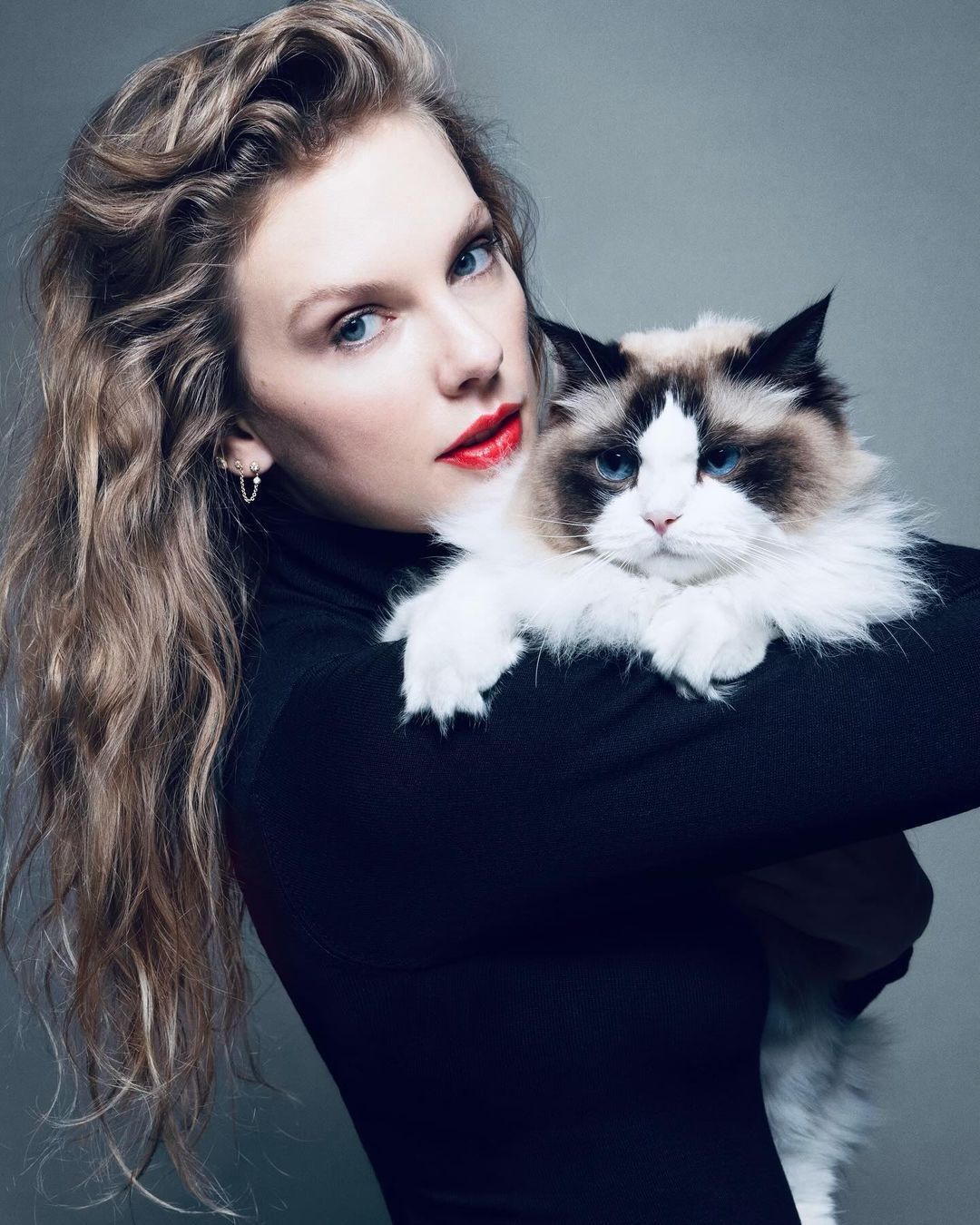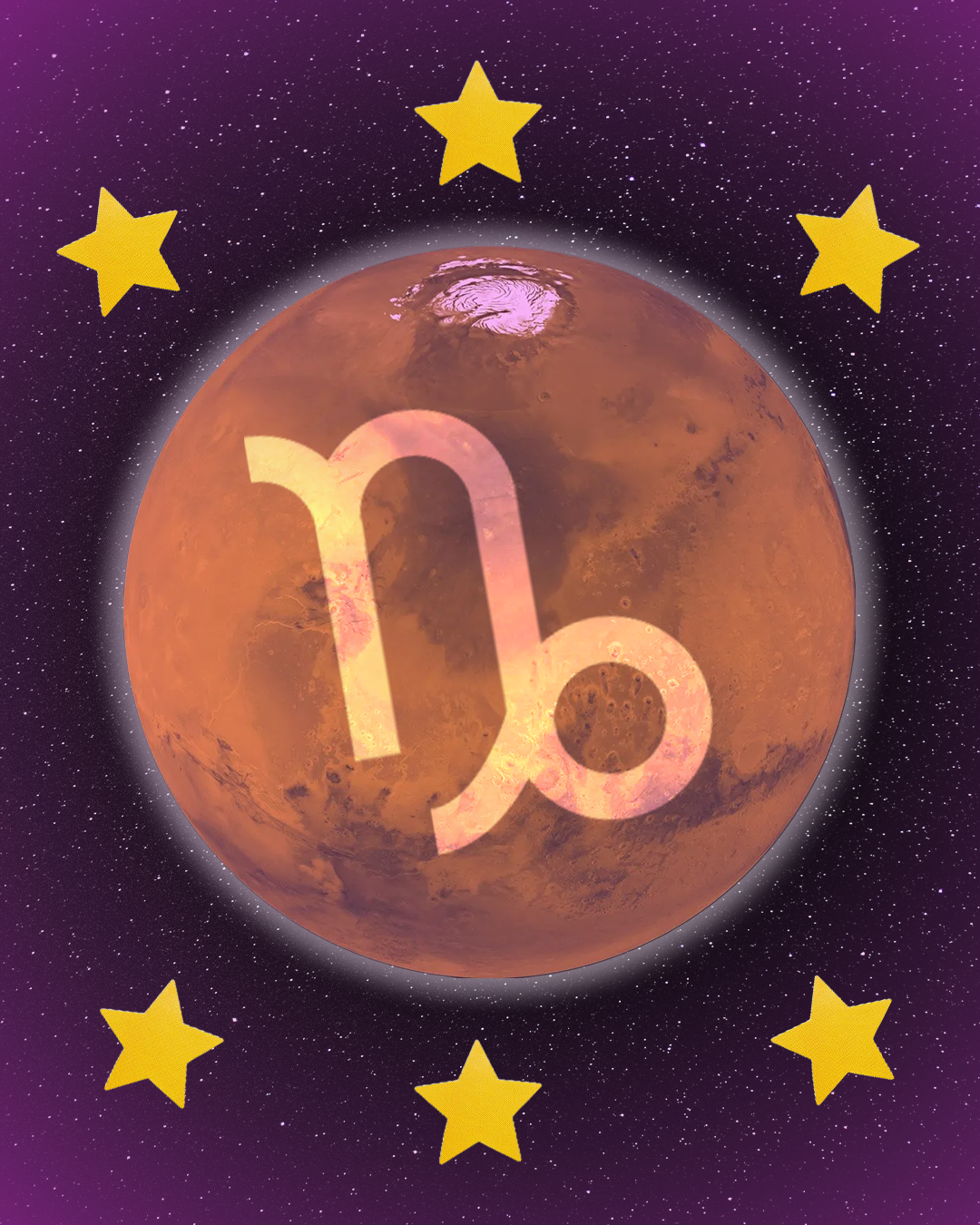
Chappell Roan, Taylor Swift and the practice of pop endorsement Is it useful? Why do we desire it so passionately?
Taylor Swift has finally done it. After weeks—no, months—of speculation, she has publicly expressed her support for Kamala Harris and her running mate Tim Waltz in the upcoming U.S. elections in November. She did so in a lengthy Instagram post, right after the presidential debate, following a warm and beaming embrace with Brittany Mahomes, the WAG of quarterback Patrick Mahomes and a proud supporter of Donald Trump and the Republican party. She signed off as a "childless cat lady," echoing the words of JD Vance, a strong proponent of traditional family values and Trump supporter.
Taylor Swift stands with Kamala Harris
This isn’t the first time her stance (or lack of one) has caused a stir. Known before 2017 as the silent princess of country and pop, she spent years avoiding controversial social issues and keeping her political views on civil and social rights to herself. Then came the turning point, with a post in 2018 supporting the Democratic candidate from Tennessee and the release of tracks from her 2019 album Lover. The first, You Need to Calm Down, focused on LGBT+ rights. The second, Miss Americana & The Heartbreak Prince, reflected on the state of contemporary America and the disappointment she felt towards the politics of that time—namely, the Trump presidency. The behind-the-scenes struggles of this difficult decision were revealed in the documentary Miss Americana, where we see Taylor in tears, scared but determined, as her father and team warned her: Donald Trump and his fans would come after her. The rest—years of silence, scrutinized friendships, and now her comeback—is history.
Chappell Roan refuses to perform for Joe Biden
Just before this news, Chappell Roan, an emerging international music sensation, entered the realm of pop-politics. Though she's been behind the scenes for years, she's only recently graced some of the world’s most prestigious stages. In a bold interview with Rolling Stone, Roan explained her decision to turn down Joe Biden’s invitation to the White House: "It's not all black and white, where if you hate one side, you must love the other. I'm not going to the White House because I'm not a trained monkey." Not that her stance was ever in doubt. At June’s Governors Ball, dressed as the Statue of Liberty, she told a massive crowd: "We want freedom, justice, and rights for all. When you give them to us, then I'll come." Refusing to take a side was not about ambiguity or fear of losing part of her audience, but rather a clear protest for the absence of a candidate who represents her and her fans—who identify as to the left of the contemporary Democratic party. It was a different way of making a political statement.
Is pop endorsement effective? It certainly gets people talking
There’s no doubt that these political endorsements, statements and shows of support make headlines, especially when they come from highly admired and influential figures capable of moving crowds. But as for their effectiveness, opinions are divided. A case against their impact is the 2016 U.S. election. Many international stars—mostly women, but not exclusively—made posts, campaigns, and public appearances in support of Hillary Clinton with the slogan "I am with her." We all know the outcome. On the other hand, it’s argued that today’s youth—now more than ever and on a far larger scale than in 2016, which was eight years ago after all—feel ignored, abandoned, without political and cultural role models, and consequently, they rely heavily (and even in a parasocial way) on their favorite celebrities, seeking alignment in ideas and an almost total sense of identification with them.
We miss cultural and political role models
We’ve already mentioned that young people (and even not-so-young people) need role models—someone who speaks directly to them and reflects their worldview, both socially and politically. The next logical question is: Do these role models have to be singers and celebrities? Is it healthy and right that they are? Without taking anything away from Taylor Swift, Chappell Roan, or Lady Gaga, we might hope that other figures—those closer to the people, less tied to the entertainment industry and its economic and popularity demands, and more rooted in cultural and political fields in the "old" sense of the term—could take their place. We can hope, can’t we?
























































